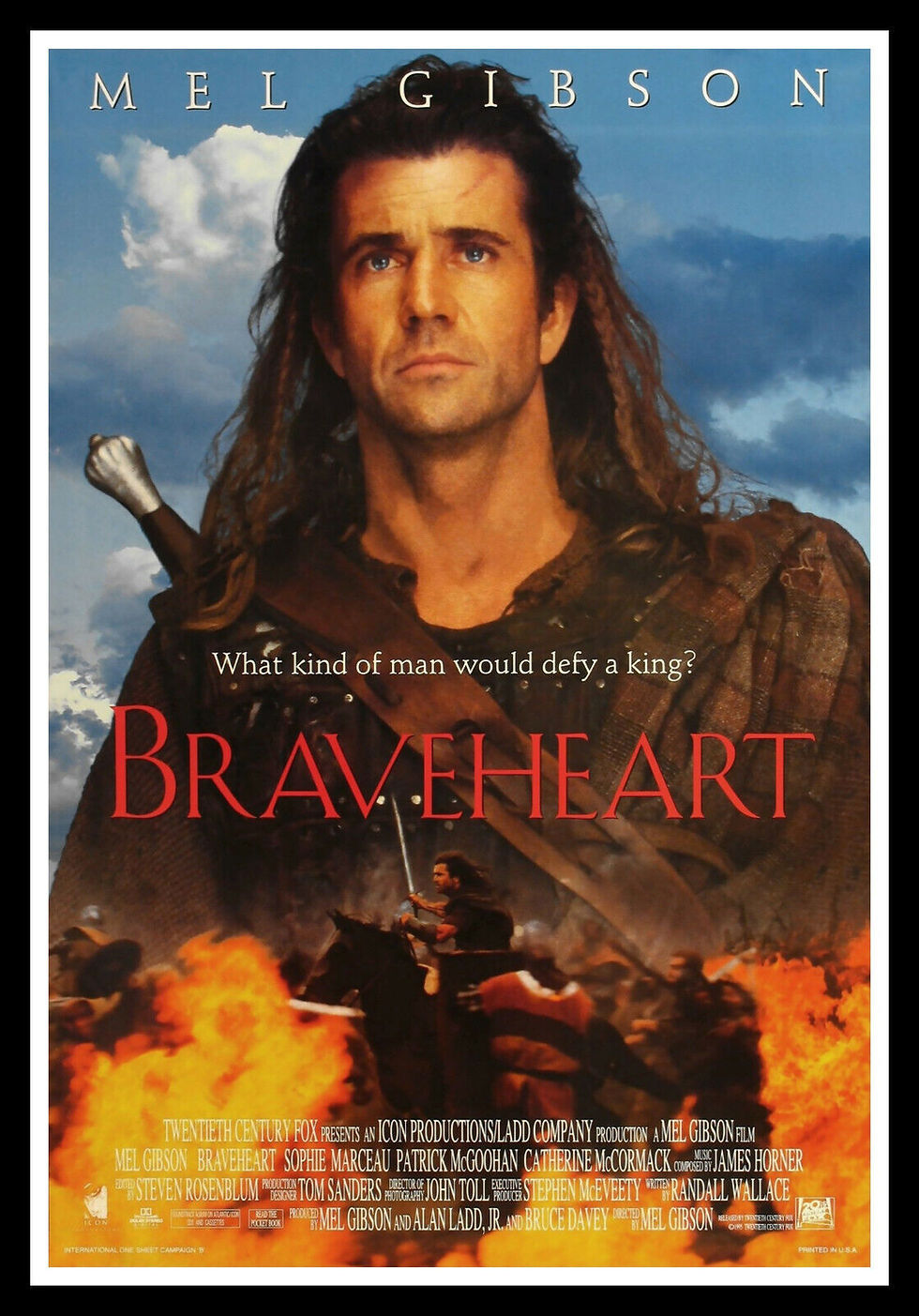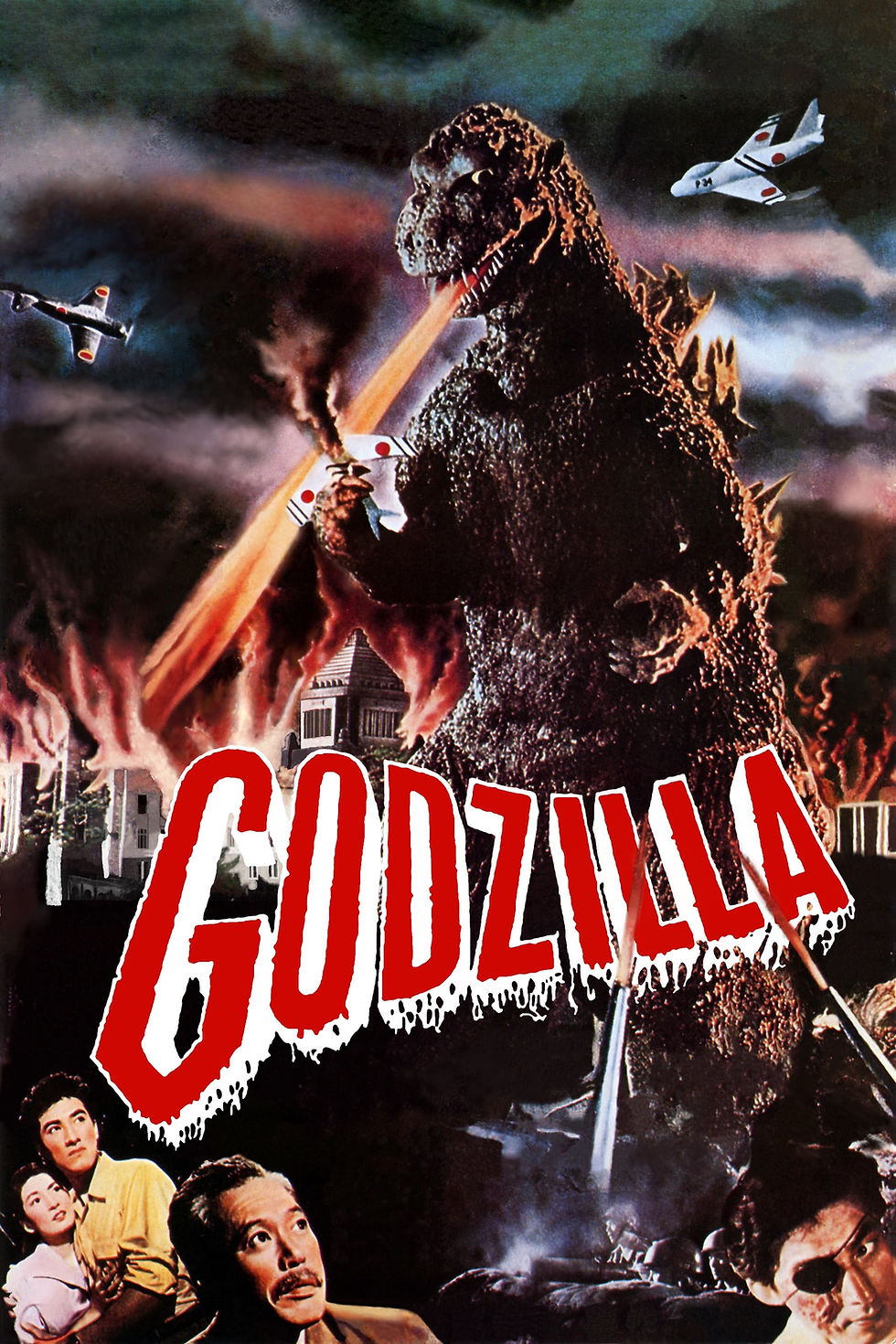Carlito’s Way, 1993
- Manny Labram

- Jun 19, 2025
- 5 min read
Updated: Jul 9, 2025
“Favor gonna kill you faster than a bullet.”
Carlito’s Way, 1993, is an American gangster film written by David Koepp and directed by Brian De Palma. It stars Al Pacino as Carlito Brigante, a Puerto Rican ex-gangland boss who is released from prison after serving just five years of a 30-year sentence. His early release is thanks to the legal cunning of his close friend and lawyer, David Kleinfeld, played by Sean Penn. Now back on the sleazy streets of New York, Carlito struggles between pursuing his dream of going straight and being pulled back into the violent criminal underworld he’s trying so desperately to leave behind.
I have mixed feelings about this film. Positively, it consistently delivers drama in nearly every scene, keeping viewer’s attention throughout. Over its 2-hour and 24-minute runtime, we see Carlito triumph in gun fights with a cue stick, rekindle an old romance, and even carry out a rescue mission in the Atlantic Ocean. However over-the-top the storytelling may be, it’s certainly never boring.
It is also particularly emotionally driven for a gangster film. Not many mob characters seem so genuinely against being lured into criminal activities as Carlito. De Palma effectively captures the inner conflict of Carlito’s half-in, half-out mentality. Early in the film, Carlito preaches with great enthusiasm his reformation before a judge. He later evangelically details his plans to find paradise in the Bahamas renting cars. But, his actions don’t match his sermons. Throughout the film he is faced with a clear choice to pursue the life of reform or to fall back into his criminal past. Each time, though torn and fatally indecisive, he chooses crime.
“It's who I am Gail, it's what I am. Right or wrong, I can't change that.”
Carlito’s half-commitment to the underworld becomes especially visible when he faces off against the true gangster Benny Blanco, played by John Leguizamo. After Carlito issues hollow death threats, we see Benny’s face is bathed in blood-red neon lighting, emphasising his full status as a dangerous, bona fide mafioso. The camera then cuts to Carlito, whose face is half red and half white, symbolising that, with cold feet, he now stands with one foot in the criminal world and one foot out.
Carlito himself does feel like a fresh take on typical mob film themes such as loyalty, love, and betrayal (even if the rest of the movie isn’t). It is thoroughly enjoyable, and my favourite aspect of the film, to really delve into the psyche of the matured gangster through Pacino’s excellently delivered monologues. Carlito’s train of thoughts are steeped in poetic tragedy, painting a bleak and unflinching portrait of a contaminated soul and the weary mind of a fatigued mobster. They give the film a neo-noir feel, and convey a sober awareness that despite Carlito’s dreams of a law-abiding life, his actions are bound to lead him down a path of inevitable calamity.
Overall the dialogue in this film is gratifying. The film isn’t shy of lines that project the multifaceted, soulful, crooked, and comedic spirit of the mid-70’s New York’s underworld. Though his accent is hit or miss (more on that later), it is great to hear Pacino’s iconic “I’m reloaded” quote that is sampled/referenced on a few Jay-Z albums. It is equally as nice to see some familiar mob actor faces make cameo appearances, namely - Vincent Pastore and Frank Cubitoso from The Sopranos.
“I'm reloaded! Okay? Come on in here, you motherfuckers! Come on, I'm waitin' for ya! What, you ain't comin' in? Okay, I'm comin' out!...” “...You think you're big time? You gonna fuckin' die big time! You ready? HERE COMES THE PAIN!”
The standout character and performance goes to Sean Penn’s Dave Kleinfeld. Going from an acclaimed mob lawyer to an erratic, cocaine crazed, brazen gangster, Kleinfeld ends up having a more dramatic story arc than his lead counterpart, Carlito. Interestingly, he also pushes the overall plot more directly than Carlito does. This film could’ve been his own.
I did, however, find several flaws in Carlito’s Way that kept me from holding it in as high regard as many fans do. The first is with the authenticity of Al Pacino as a Puerto Rican. At times, I felt his accent slipped into something more Southern-sounding. Even his words often felt African American. Additionally, his Puerto Rican identity didn’t impact the story as much as I would have liked. In most gangster films, the cultural background of the main characters adds nuanced detail to the storytelling, but here, it felt underdeveloped.
“I don't know, but there may be some mis-fuckin'-understanding, I don't know man, but maybe you don't remember me, my name is Benny Blanco…”
The film’s score is also very cheesy and inauthentic for the genre. It is particularly bad during an already corny love scene between Carlito and Gail, Billy Preston’s You Are So Beautiful plays. Compared to De Palma’s, Scarface, and others like it, the music choices seem random and unfit to the story.
Gail herself is especially underdeveloped. She serves the story weakly, functioning only as Carlito's love interest. I did not feel any sympathy or empathy for her character, and her conclusion does not feel deserved. Her character and other flimsy plot points seem to be piled on top of each other in efforts to create a tense, albeit entertaining, third act.
Even despite the enticing climax of the film, the overall plot is clichéd and heavy with crime-drama tropes. The story of an ex-crime boss pulled back into the game for one last job feels very all too familiar, especially when compared with Pacino in The Godfather 3. The double crosses, friends ratting to the feds, and bad boy trying to change to save his relationship storylines don’t feel as well executed as the internal moral struggle of the titular character.
“Getting the shakes now, last call for drinks, bars closing down... Sun's out, where are we going for breakfast? Don't wanna go far. Rough night, tired baby... Tired…”
Ultimately, Carlito’s Way’s failure to be a well-thought out and expertly tied story of morality does not stop it from being any less gripping. It is certainly a great addition to the mobster genre for providing a more heartfelt and enduring character in Carlito Brigante. Plus it has all the basic ingredients of a great crime film - violence, drugs, strong loyalty theme, and of course a very memorable cat and mouse, climatic sequence. The film’s multitude of effective tracking shots help transport viewers into crime infested streets of New York. It’s all there and makes it worth watching. What lets it down its a non-serious storyline. If the story was tighter, Carlito’s Way could’ve been one of the greats for me.

Overall - 6.5/10



Comments